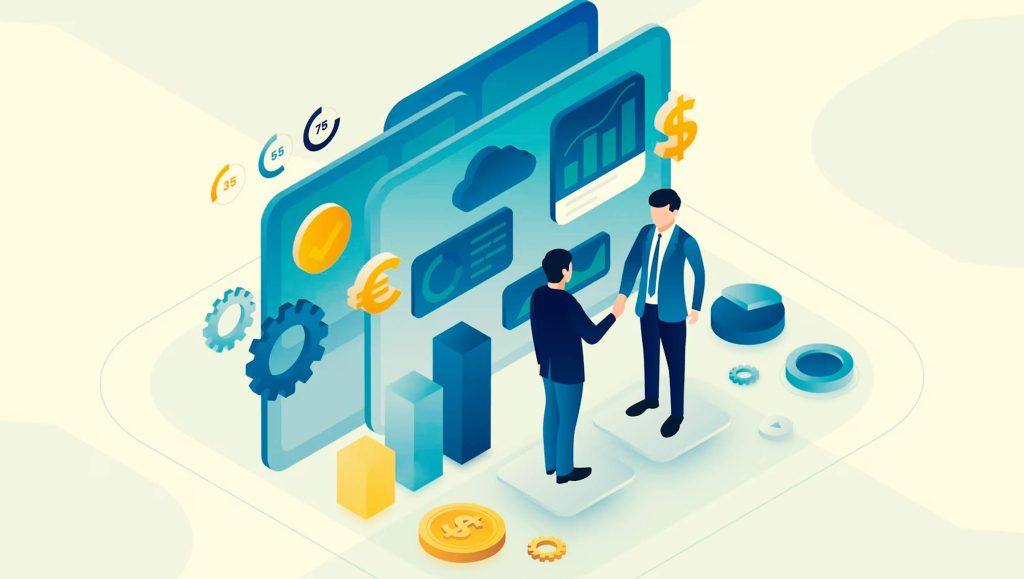Hispanic, Black, and Asian Americans Are Also Adopting Different Purchasing Strategies
A whopping 93% of respondents said they have noticed that items they ordinarily purchase are now more expensive, and 78% said they are “a little” to “very worried” about their current financial situation.
These findings are according to a new study from cultural intelligence firm Collage Group, which also found that brands should avoid certain language about the economic outlook when addressing consumers.
Data from the analysis, “Guard Against Recession with Cultural Insights,” cautions brands to refrain from using terms like ‘the economy,’ ‘recession,’ and ‘inflation’ as these phrases may trigger backlash from consumers.
“These words polarize buyers, and once they hear them, there’s a tendency to absorb the message as loaded or too political,” explained David Evans, chief product officer at Collage Group. “I recommend brands avoid playing into the economic anxiety.”
Read More: LeadSquared Establishes Oceania Headquarters From Melbourne, Australia
Evans instructs brands to connect around personal finance issues and look to address everyday problems such as paying down debt, and managing escalating costs.
Another 93% of consumers want brands to do something to help them, with the top actions being to offer discounts, cut prices, and provide lower cost versions or packaging.
It is critical for brands to recognize that consumers are navigating the waters differently, especially across racial and ethnic segments, according to the study.
Collage Group found that 35% of Hispanic Americans say they are “very worried” now, much higher than other groups. As a result, they have already begun adjusting their purchasing across virtually every category.
Black Americans, however, are far less worried about what’s to come, and in fact are holding steady on purchasing behaviors. Evans attributes this poise to Black Americans’ tenacity over time, citing the segment’s higher levels of optimism and courageousness, two of a variety of cultural traits which Collage Group tracks across all demographics.
Asian Americans say they are not yet worried. However, Asians also say they are planning to adjust spending in the future in order to be safe.
“Americans across all racial and ethnic backgrounds are feeling the pinch, and brands need to respond with empathy and show they are prepared to take action,” said Jack Mackinnon, senior director at Collage Group and the author of the study.
Read More: SalesTechStar Interview With Srikrishnan Ganesan, Co-founder and CEO of Rocketlane
Findings were also notable in terms of generational perspectives. Millennials (ages 26 to 42 years old) and Gen X (ages 43 to 57 years old) consumers were most likely to be very worried about their current financial situation at 34%.
“In the case of the young- to mid-age generations, their high level of concern is likely attached to the life-stages they occupy,” said Evans. “These are the segments who often have children, mortgages, and higher-education debt, thus inflation and elevated prices would understandably cause anxiety.”
Fifty two percent of Americans are bracing for the U.S. economy to worsen over the next six months, the study found. This point was largely driven by White Americans, at 58% and Asian Americans at 52%.
The reality is, as a result of their inflation fears, Americans are indeed cutting back on spending. This includes an increase in purchasing more generic or store brands. Among cultural lines, Hispanic Americans have taken the greatest steps to save, as 74% of respondents answered that they have started purchasing more generic or store brands due to high prices. Hispanic and White Americans were slightly more likely to report taking such measures at 77% and 75%, respectively.
Americans shopping locales are changing, too, with Hispanic and White respondents reporting they recently decided to shop more at discount stores in order to save money. Hispanics were more likely to report this behavior at 77%.
In addition to that, the nation has taken other actions to reduce spending. Fifty six percent of respondents said they are dining out less. Driving has also been affected. In the wake of mounting gas prices, 55% said they have been driving less. Even in areas where fuel costs appear to have subsided, the totals are still much higher compared to this time a year ago.
Read More: Humanising Data Points: How To Build Better Customer Experiences
A number of shoppers have been delaying some of their bigger buys, as 32% reported postponing larger purchases. Twenty-five percent said they have canceled travel plans, and 24% reported cancelling streaming platforms, audio and video.
Black respondents were less likely to report reducing their eating out routines (46%) or driving less (41%) to save money. Hispanic and Asian respondents were more likely to report abandoning travel plans at 31% and 30%, respectively.
In general, Americans have a willingness to switch to cheaper options if their financial situation declines, but that motivation varies by race and ethnicity. Respondents said they are most open to switching to cheaper grocery (46%) and home care (37%) options if the economy continues to wane.
So, what actions should brands take to authentically address the economic concerns of American consumers?
“It is essential for brands to avoid attempting to adopt a ‘one-size-fits-all’ approach to the multicultural segment,” said Jack Mackinnon, senior director at Collage Group and the author of the study. “Brands also need to recognize the variety of responses consumers are having to inflation.”















